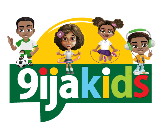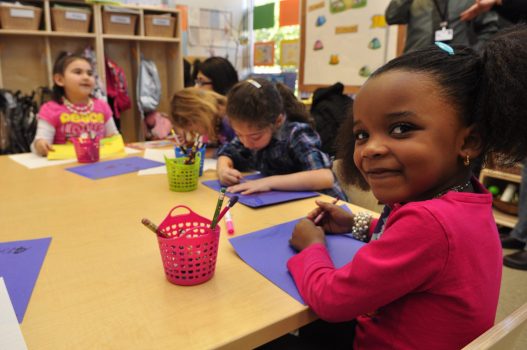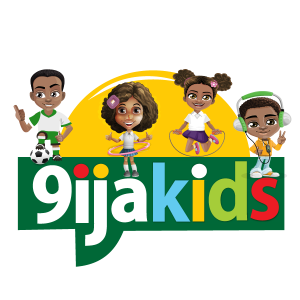I remember attending the first PTA meeting when my child was a preschooler and I felt lost with all the new words being thrown around – fine motor, gross motor, cognitive, etc. So, you don’t feel the way I did, if you are newbie parent and your little angel will be off to school at the of this summer, here are a few common preschool terms to get you started
- Preschool: A preschool, also known as nursery school, playschool or kindergarten, is an early educational program where children combine learning with play. Children are most commonly enrolled in preschool between the ages of three and five.
- Montessori: Montessori is a method of education that is based on child directed activity, hands-on learning and collaborative play. In Montessori classrooms , children are allowed to choose their work while the teacher serves as a guide.
- Student centered learning: A philosophy that revolves around the idea that students learn better when they are the ones driving the learning with the teacher acting more as a guide. In a traditional classroom, a teacher would assign a book and children were given no choice, In a student-centered classroom, children are given a choice of what book from a list they can read.
- Development milestones: There are general guides on what your child should be able to do at different ages. The development milestones look at what your child has achieved in terms of movement (gross and fine motor), cognitive, language, emotional and social. Its important to remember that children reach developmental milestones at different times.
- Gross motor skills: Are skills your child needs to move and coordinate their arms, legs, and other large body parts and movements. So, crawling, running, jumping and going up and down stairs are gross motor skills
- Fine motor skills: Fine motor skills are movement using smaller muscles of the fingers, hands, and wrists, and, to a lesser extent, toes, feet, and ankle. When your child picks things up between his finger and thumb, buttoning his shirt, he’s using his fine motor skills. When your child uses fork or spoon, twist doorknobs, unscrew containers and holds a pencil, these are all fine motor too.
- Cognitive skills: refers to mental capacity your preschooler acquires to think, make decisions, and solve problems. The key cognitive skills for preschoolers are: asking questions, problem solving, color and shape recognition, understanding fact and fiction, understanding cause and effect and simple reasoning
- Sensitive period: This is a period when a child’s interests are focused on developing a particular skill or knowledge area. This means this is the time the child is most receptive to learning a particular thing and it’s the best time to teach it. E.g. the sensitive period for reading and writing is between ages 3-6yrs.
- Constructive play: When children use blocks, LEGOs, or other materials to make buildings or towers. A teacher might say: “Fatima made a pretty complicated castle during her constructive play today!”
- Dramatic play: When children pretend to be someone else, such as a firefighter or doctor, and they make up scenes and dialogue. A teacher might say: “We’d love to have you bring a few items related to going to work for the children to use in their dramatic play.”
- Exploratory play: When children discover how materials work. For example, when playing with water or sand, children explore how to fill and empty buckets. A teacher might say: “Today Osaze discovered how to use a bucket to build a sand castle during his exploratory play!”
- Self-regulation: How children learn to control their feelings and their bodies. For example, if a child wants to play with a toy her friend is using, she asks for a turn rather than grabbing it. A teacher might say: “I’ve seen so much grown in children’s self-regulation. At the beginning of the year children sometimes just take a toy they want even if another child is using it. Now I hear them ask if they can use it.”
- Social and emotional development: How children learn about feelings. It helps them feel good about themselves and helps them understand the feelings of other people. A teacher might say: “We are supporting children’s social and emotional development by reading books about friendship.”


